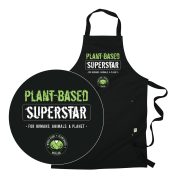Many consumers know that organic farming is better than conventional methods, but do you know why? There are many reasons.
Pollution:
Conventional: Fertilizer runoff pollutes coastal areas and can strip water of oxygen, spur algae growth, and kill marine life.
Organic: No chemical pesticides or fertilizers are applied to organic crops.
Carbon Emissions:
Conventional: Fertilizers are the biggest source of nitrous oxide, a potent greenhouse gas.
Organic: Because they gain weight more slowly, therefore taking more time to reach “slaughter-weight”, organically-fed livestock produce more methane, also a potent greenhouse gas, than conventionally-fed animals.
Ecosystem Health:
Conventional: Industrial agriculture favors planting the same crop over large areas, which increases the risk of pests.
Organic: Organic practices foster biodiversity, and these farms tend to have a more semi-natural habitat.
Soil Quality:
Conventional: Synthetic fertilizers acidify soil and damage the microbial community. But conventional “no-till” cultivation (no plowing) can help retain carbon.
Organic: Some studies show that organic farming methods can help increase carbon levels in soil, but more plowing may be required in order to control weeds.
Water:
Conventional: Pesticides used in large-scale industrial farming can leach into the soil and pollute groundwater sources.
Organic: Groundwater contamination is less of an issue, and organic farming helps soil retain more moisture.
Crop Yield:
Conventional: A 2011 study by the Dutch Wagenien University said that conventional methods yield 20 percent more food.
Organic: A 30-year Rodale Institute study found that organic corn and soybean yields equal conventional ones.
Organic Produce.
According to the Environmental Working Group, when farmed conventionally, these fruits and vegetables currently have the highest levels of residual pesticides.
The Dirty Dozen
- Strawberries
- Apples
- Nectarines
- Peaches
- Celery
- Grapes
- Cherries
- Spinach
- Tomatoes
- Sweet Bell Peppers
- Cherry Tomatoes
- Cucumbers
Recognizing Organic:
If the PLU code is five digits starting with a 9, the item is organic. Conventional produce numbers are only four digits.
A couple of stats.
Organic Jobs
According to the Organic Trade Association, in 2011, the organic industry added new jobs at four times the national average.
In U.S. Homes
Organic Trade Association’s (OTA’s) newly released 2013 U.S. Families’ Organic Attitudes and Beliefs Study, U.S. families are increasingly embracing organic products in a wide range of categories, with 81 percent now reporting they purchase organic at least sometimes.


























